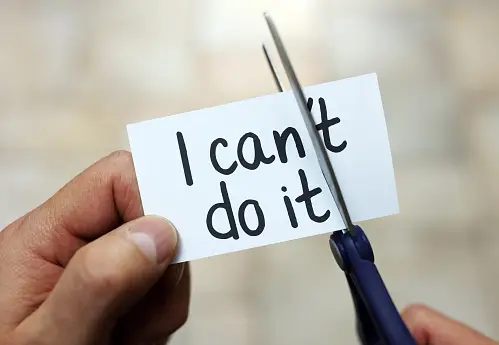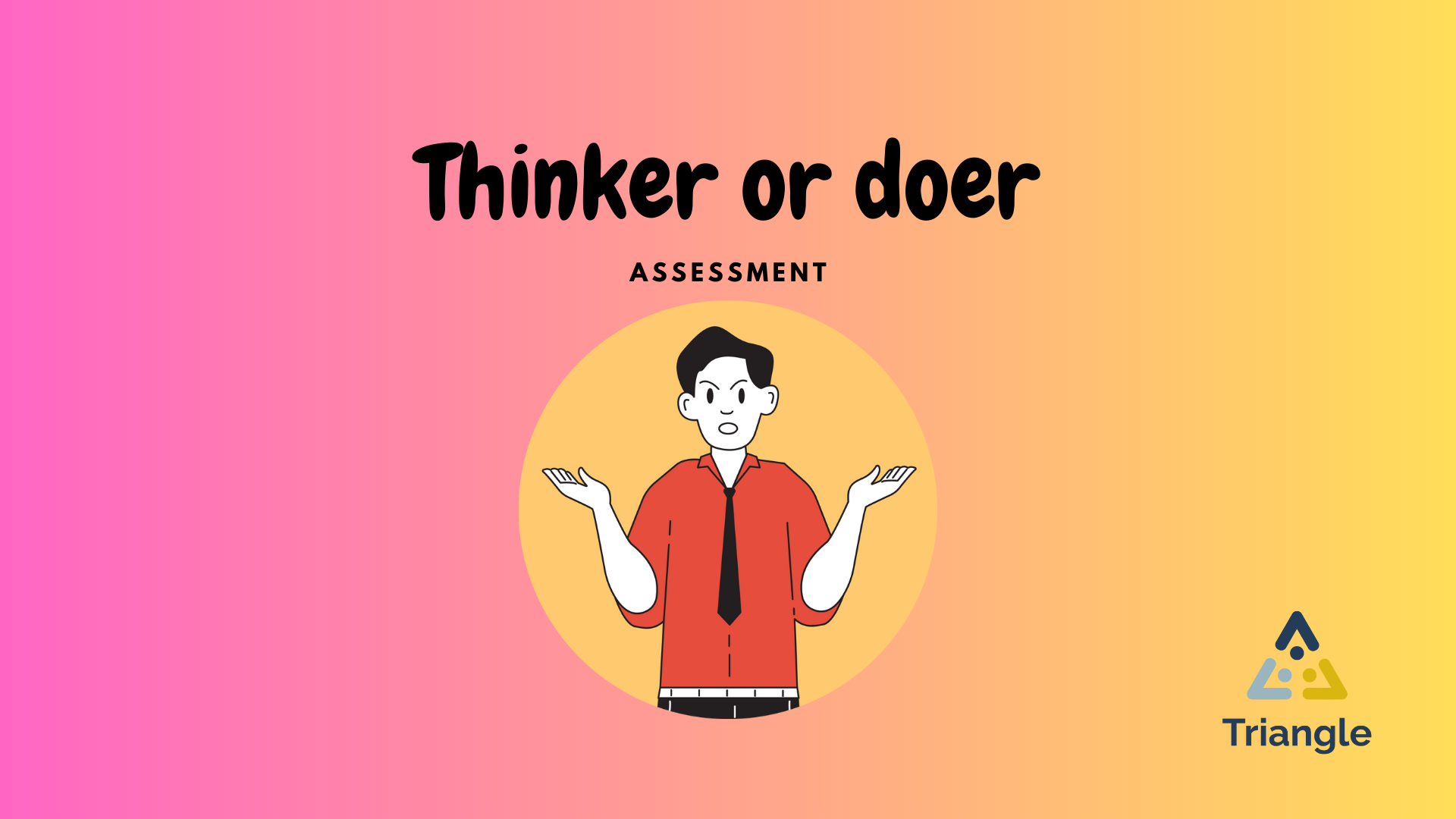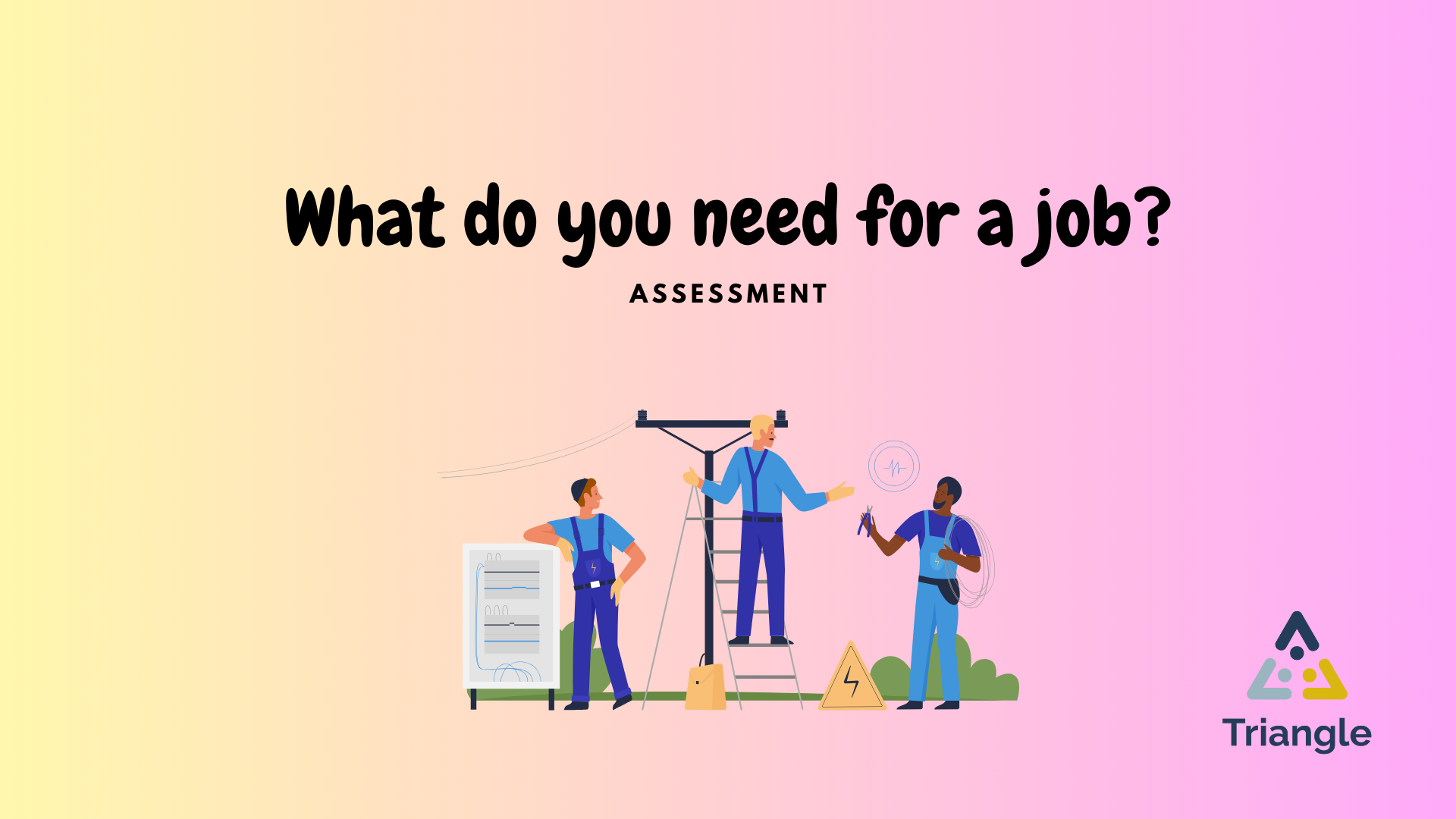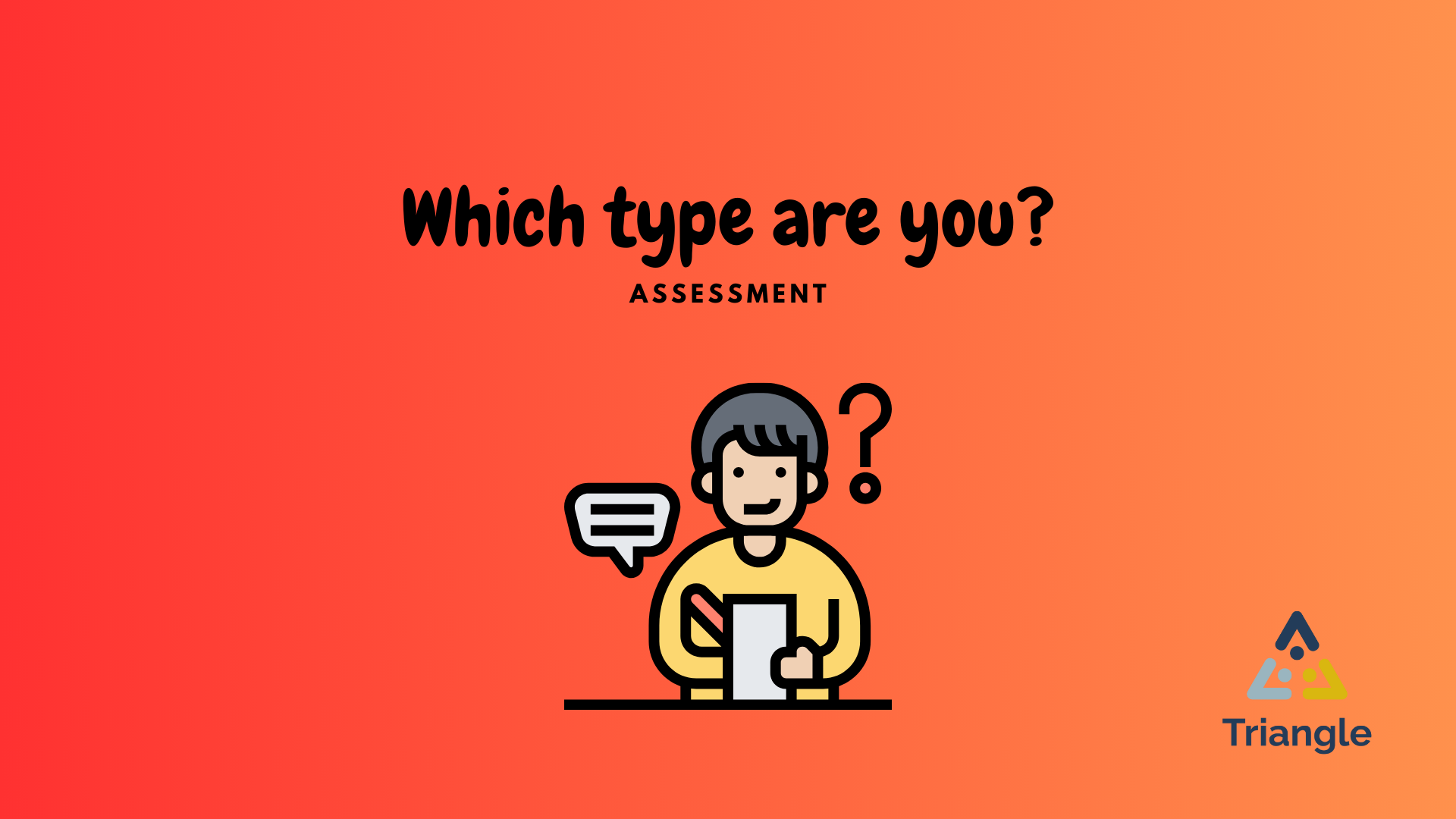Everyone watches and listens to you during a presentation. You start sweating and shaking. You feel that a lot is expected of you. You want to touch your audience. Everyone looks at you like something is wrong with you. Or are you the only one who thinks that way?
Positive and negative fear of failure
There is a difference between positive and negative fear of failure. With positive fear of failure, you perform better when you are tense. Yet this is a problem because you are so tense and work all night to get an A. When you give a presentation you are afraid to fail and you do not accept compliments from your classmates. With negative fear of failure, this is the opposite. Because of all the tensions you feel even more pressure and you make mistakes. This is of course very annoying if you have studied for an important test.
Negative thoughts
Fear of failure goes together with a lot of negative thoughts that haunt your head. While taking a test, your attention is not on the questions, but on your negative thoughts. ‘I wish I had learned better’ or ‘I can’t’. These thoughts make you insecure. Therefore, try to prevent or master them with the following tips: Use positive thoughts. Write positive thoughts like “I can do it” on a piece of paper and hang it where you see it often. A compliment book. A booklet in which you write down a few successful events every day. Only positive things, both big and small, should be included here. Read this again in the evening.
Rested and fit. It doesn’t help if you work for a long time the evening or night before the test. You don’t take in much anymore. Go to sleep on time so that you are fit. Your brain works best then. Relaxation exercise. Do you feel tense during the test? Concentrate for a moment on your back, your buttocks and your chair. Observe all the things you touch. Feel the chair and feel with your feet where the ground is.







